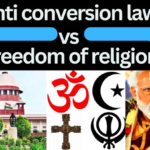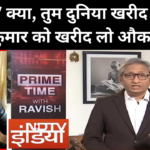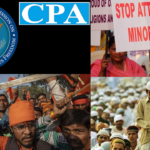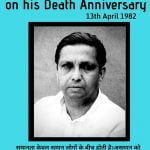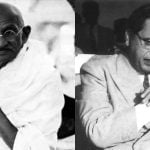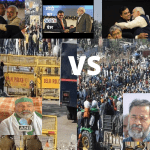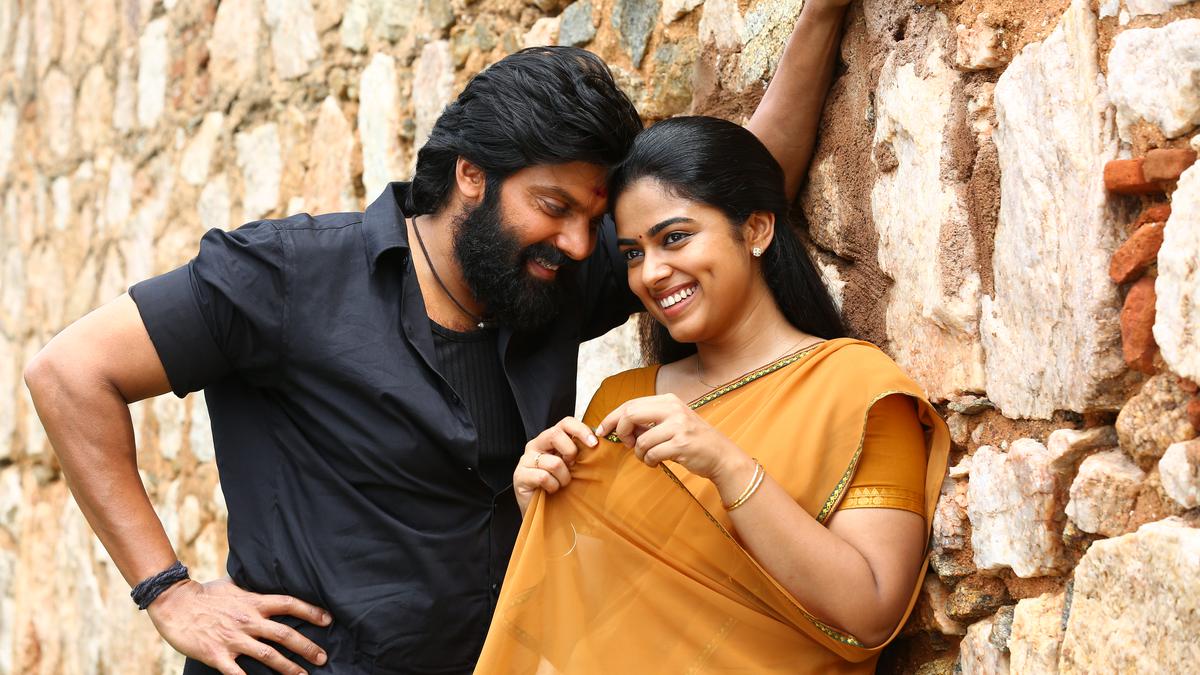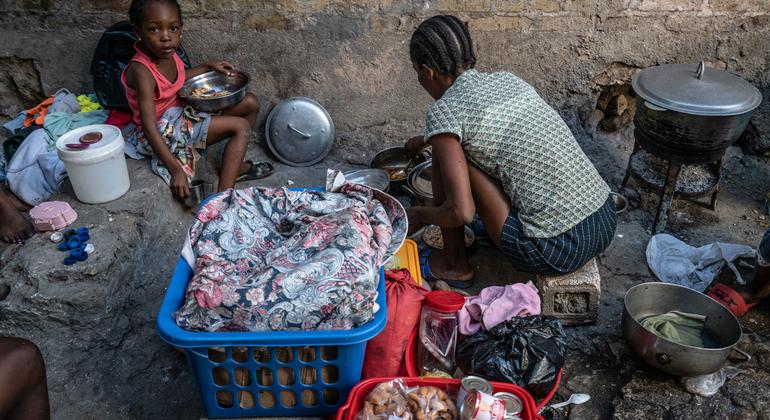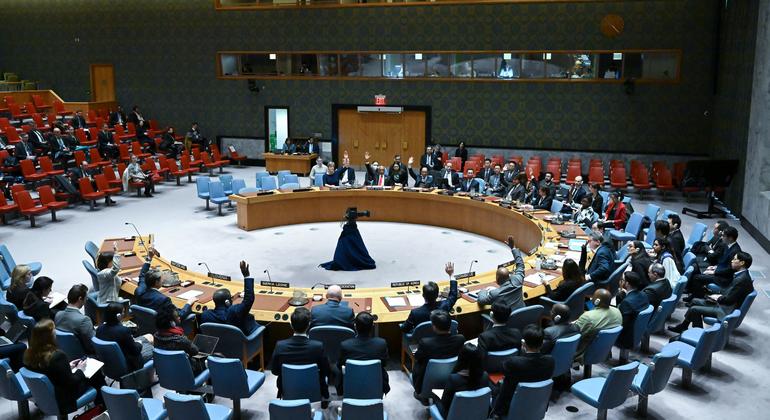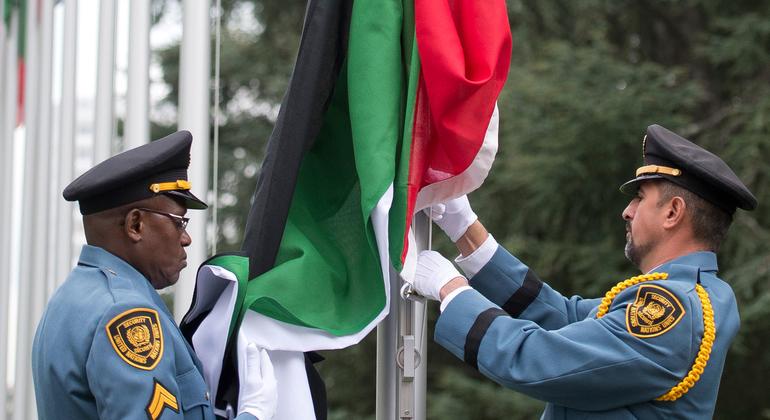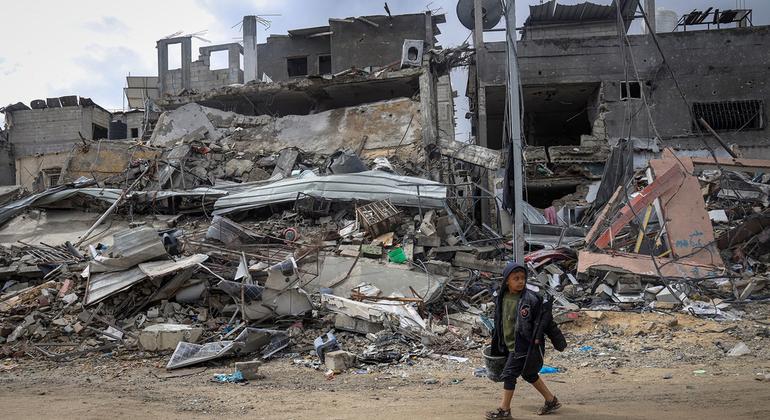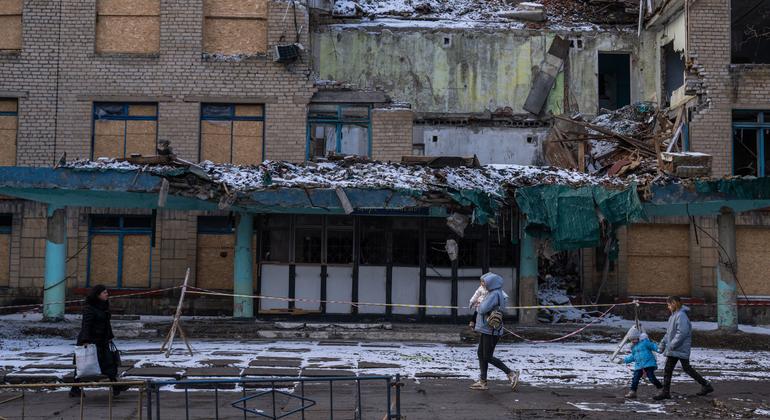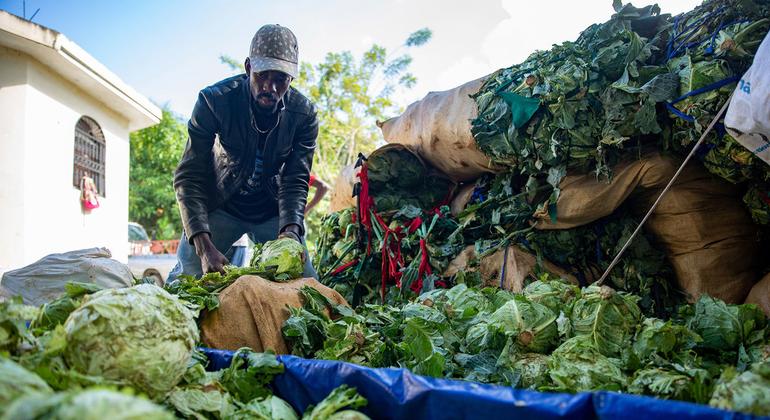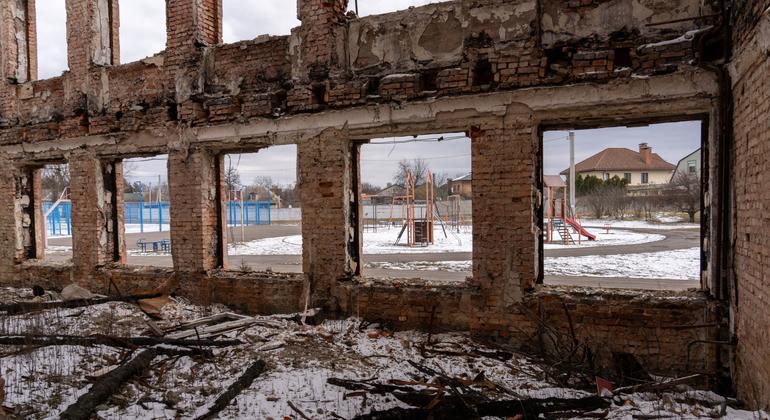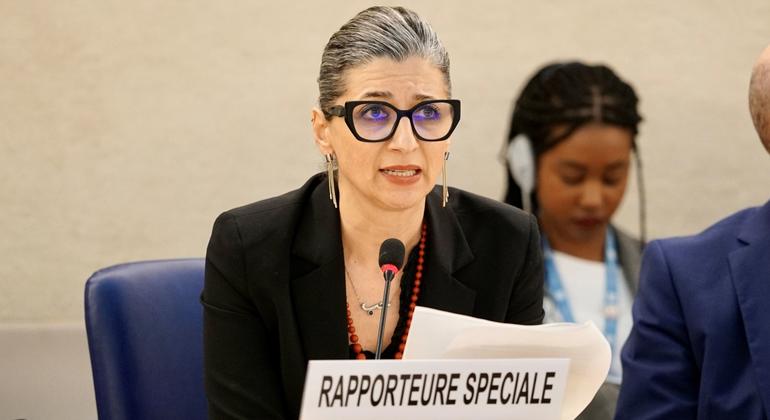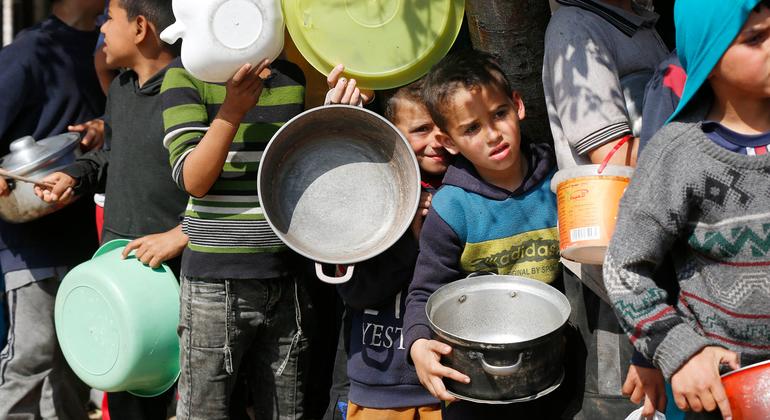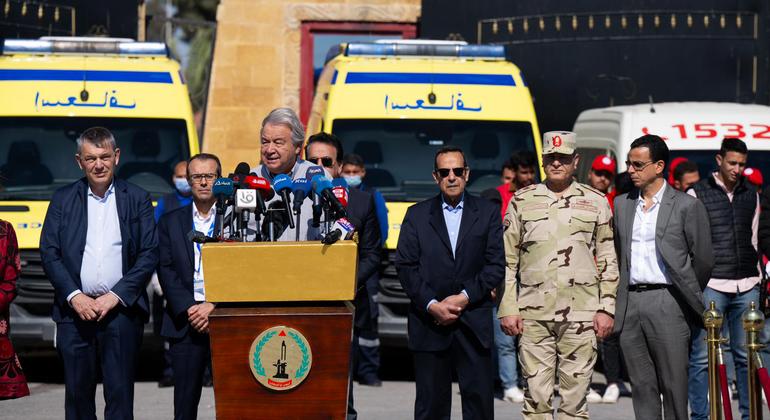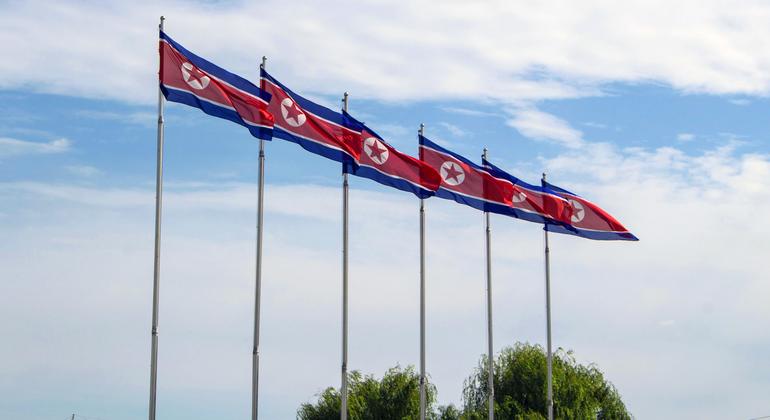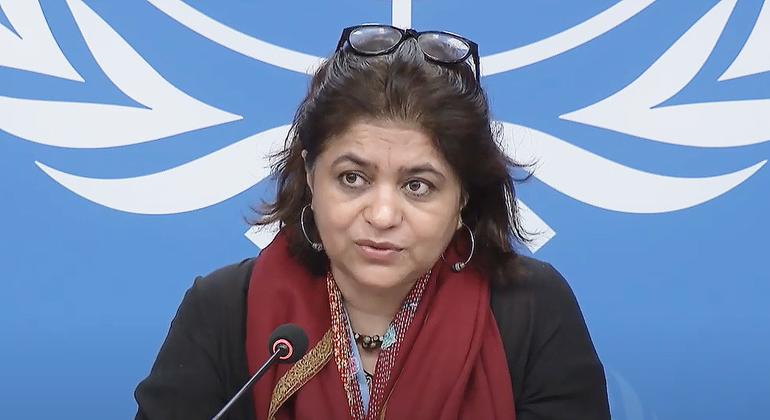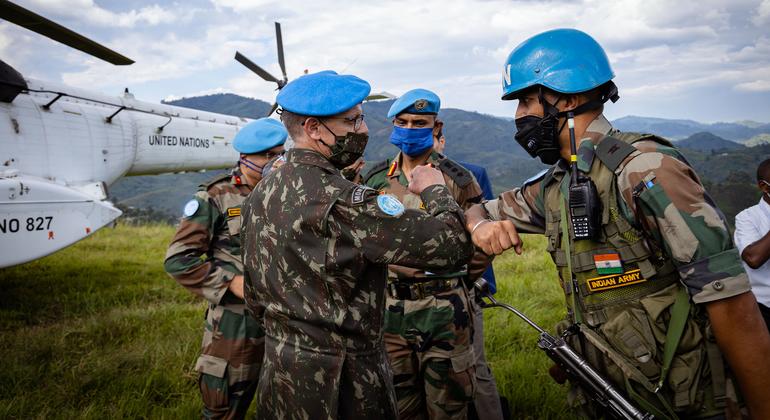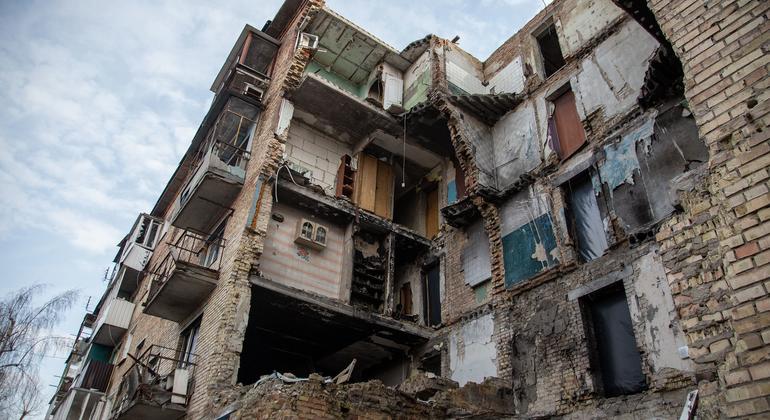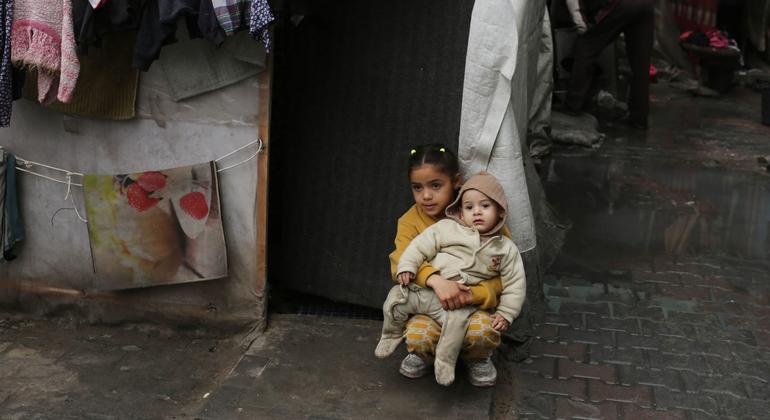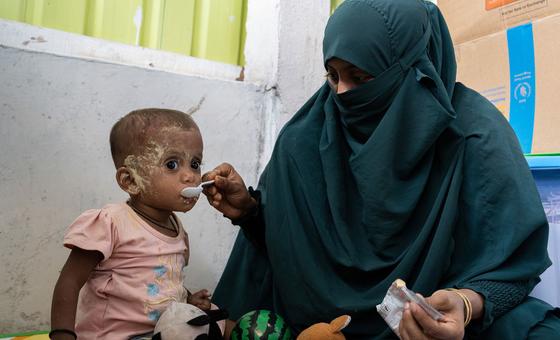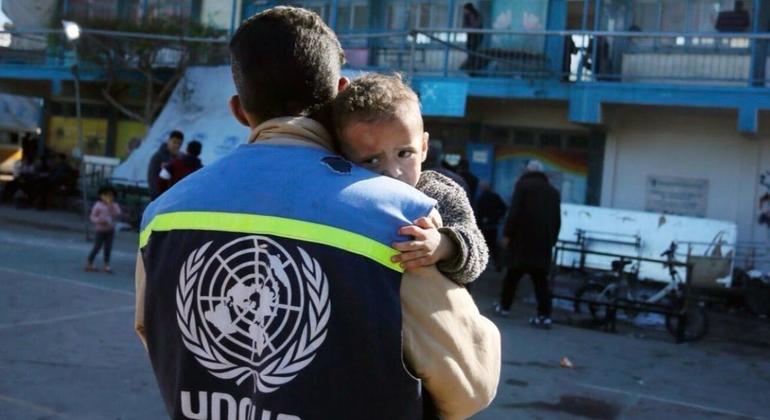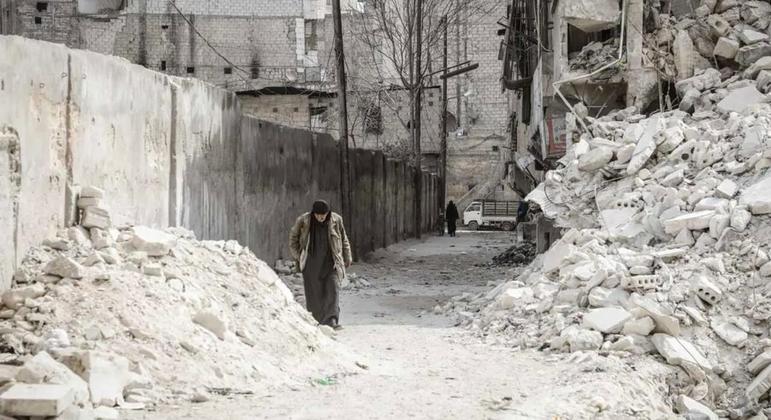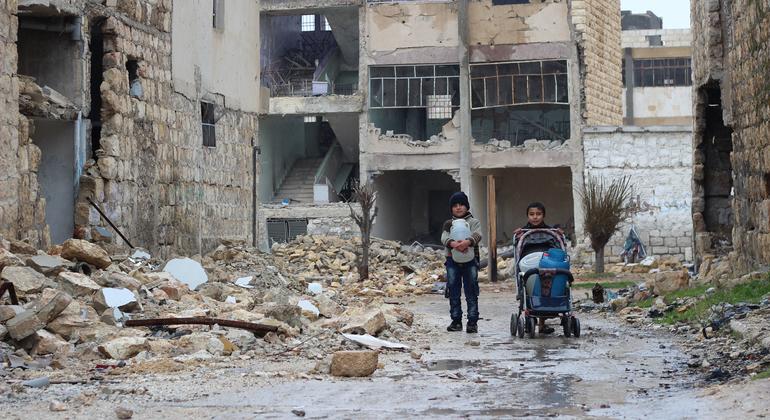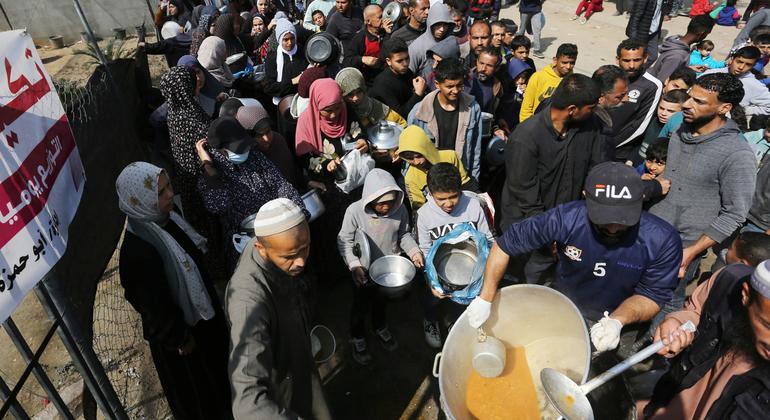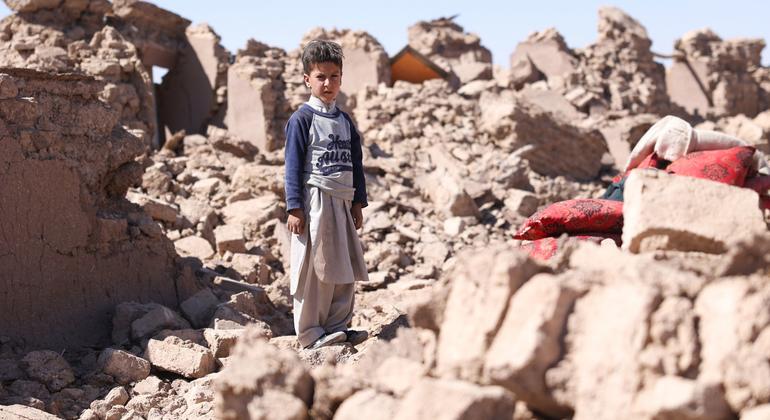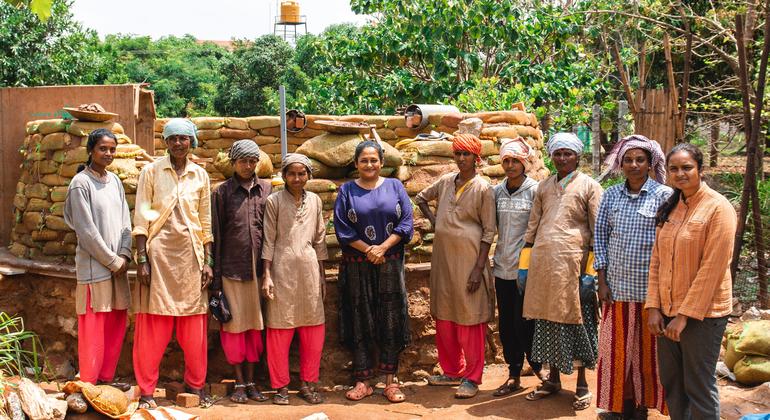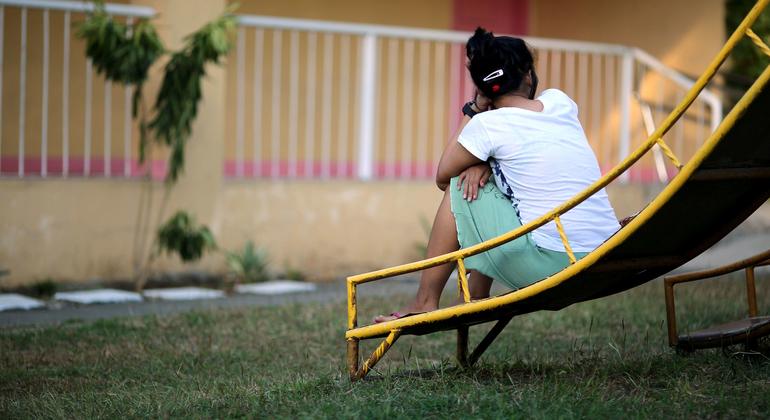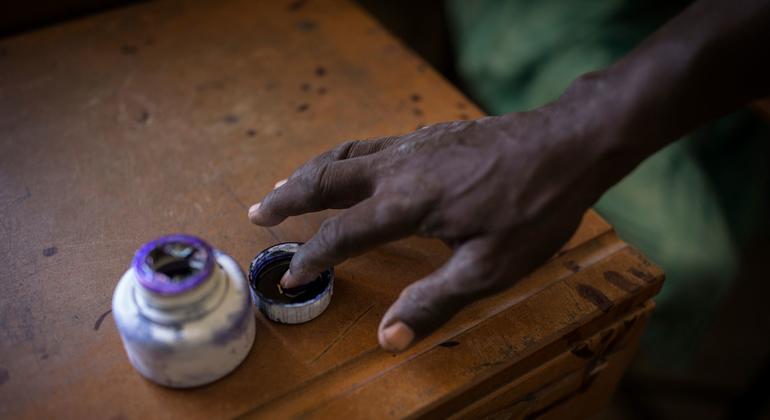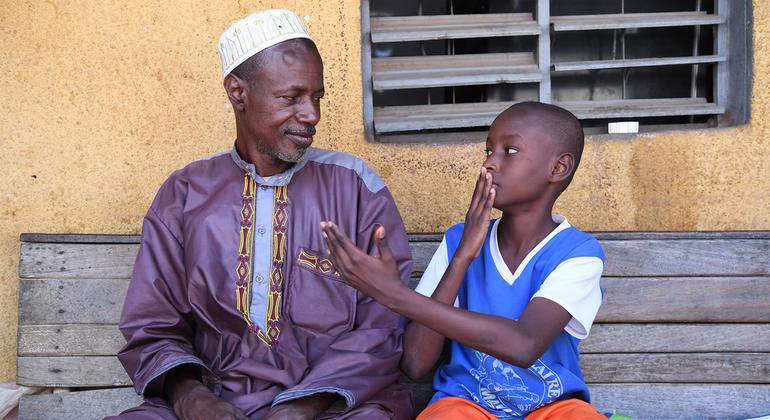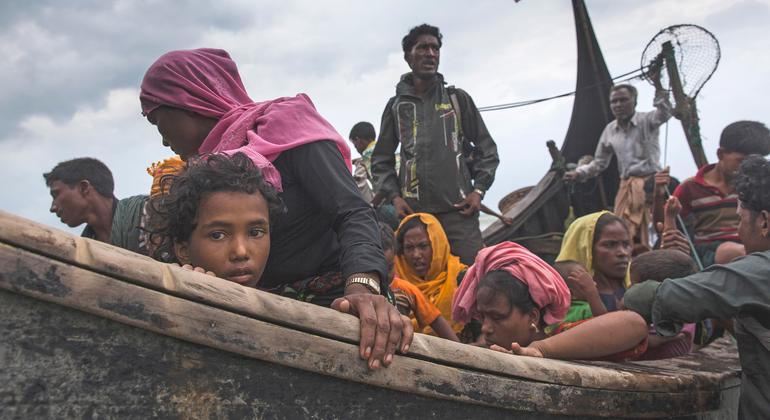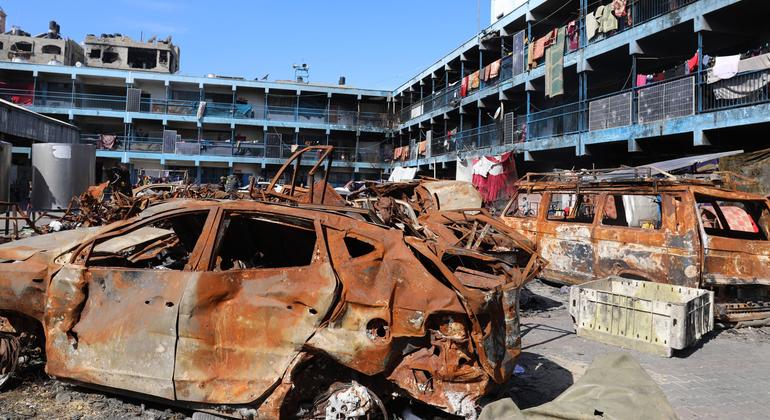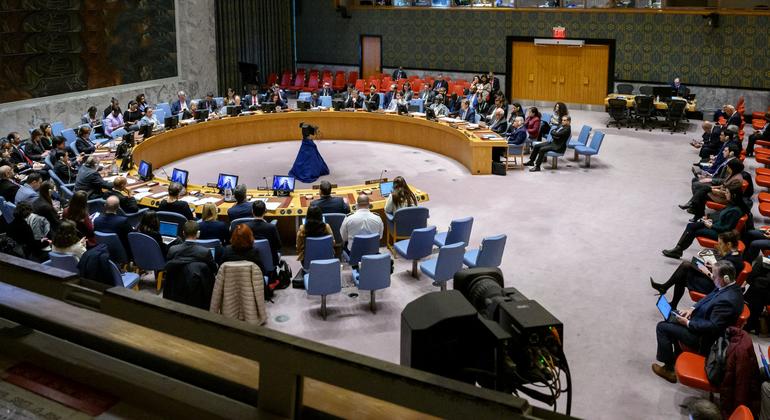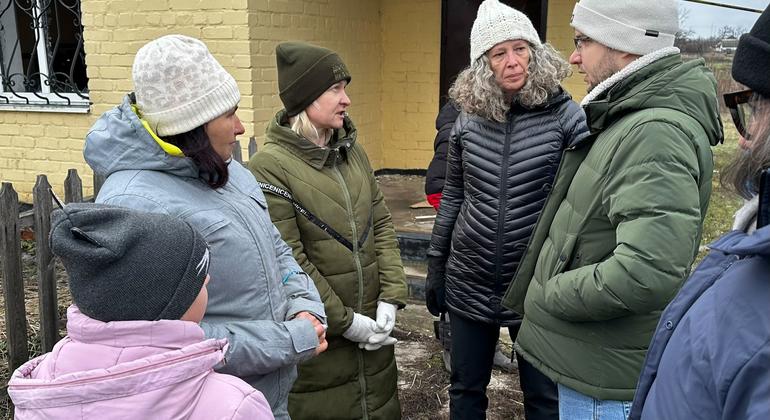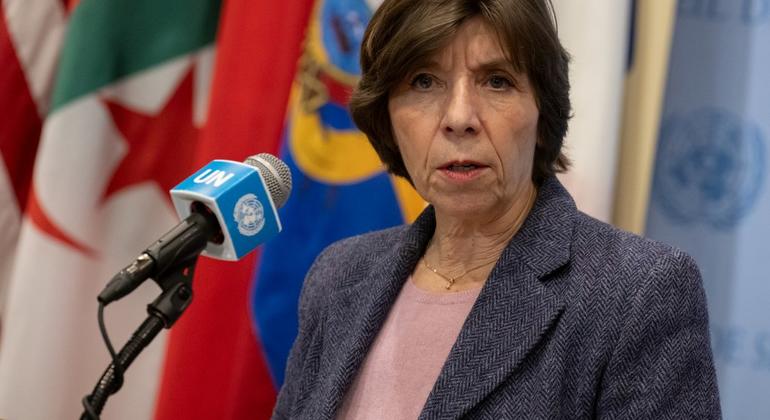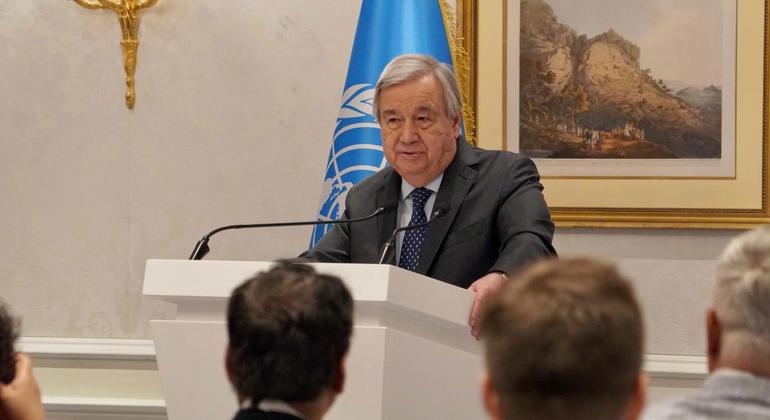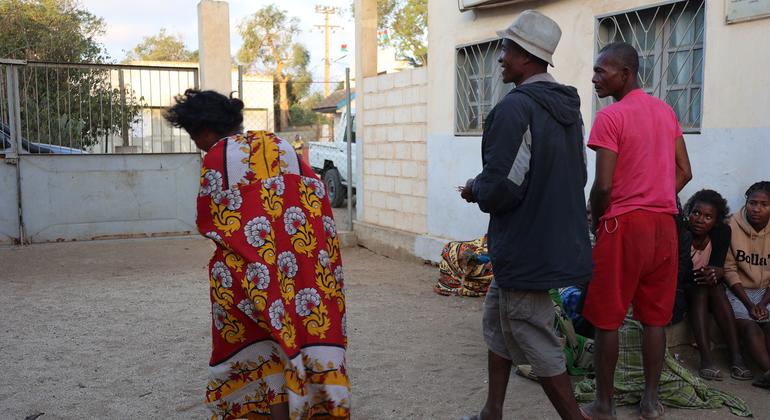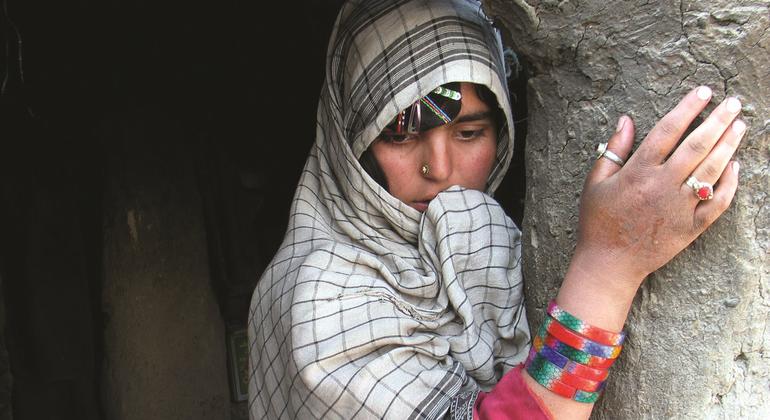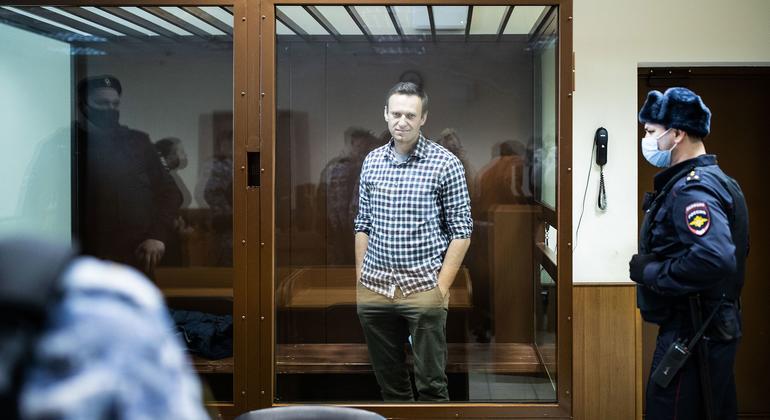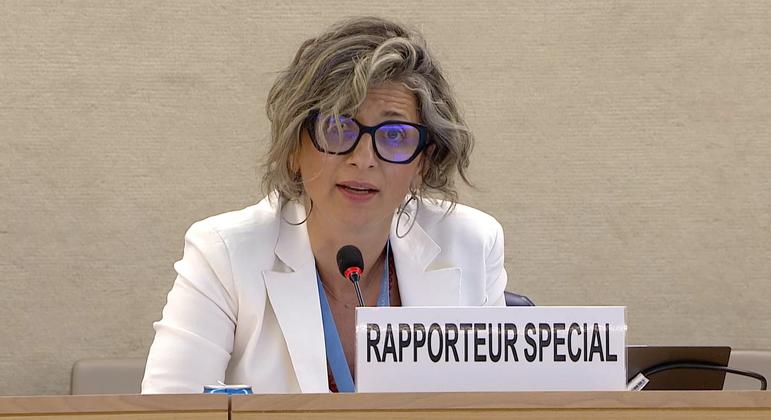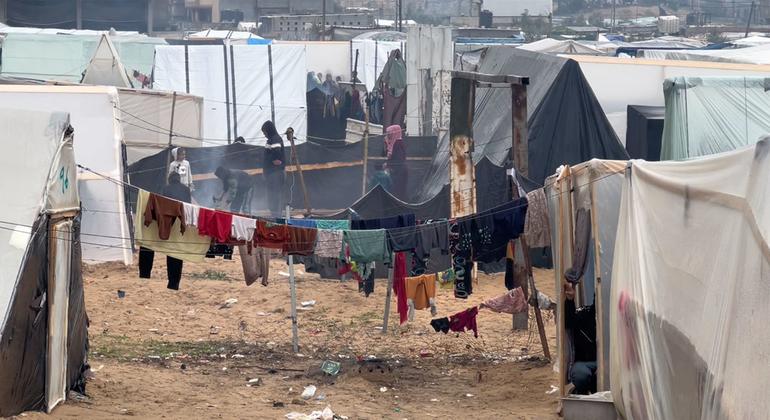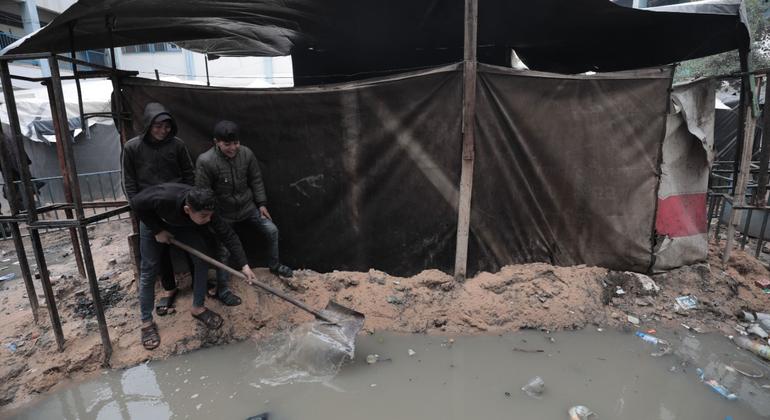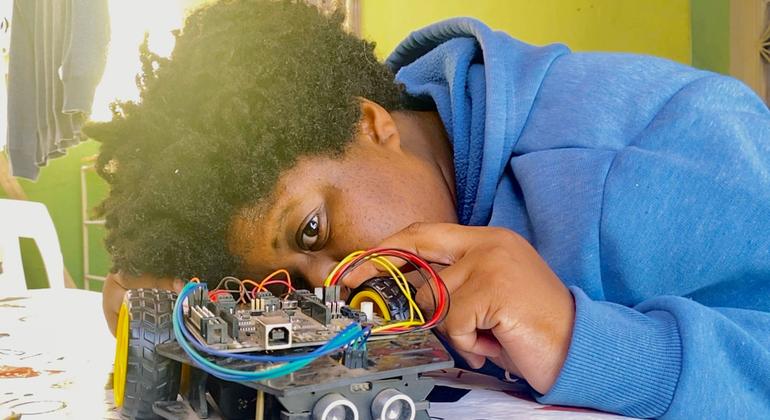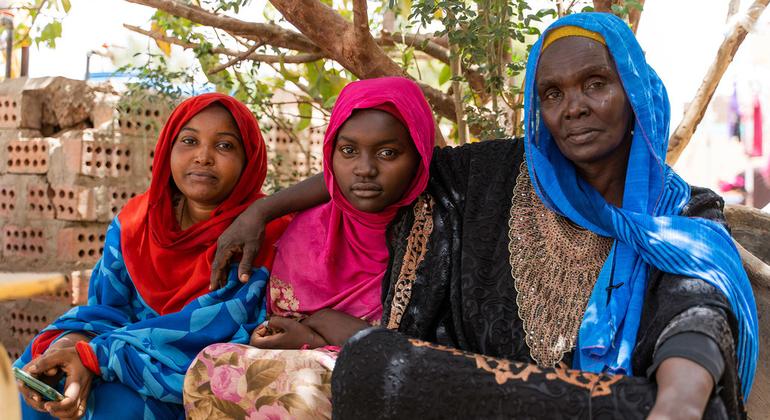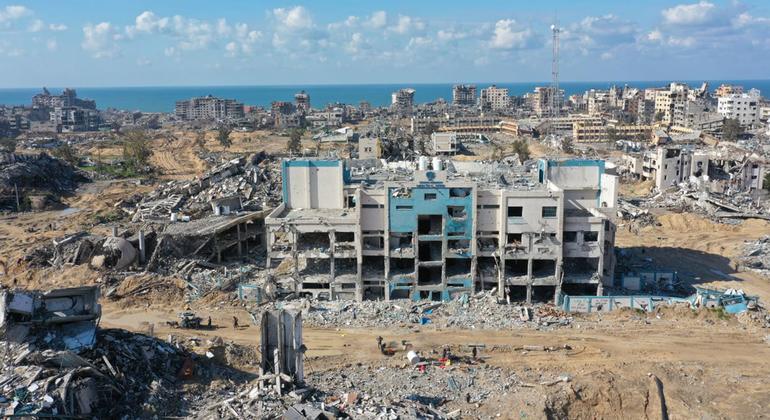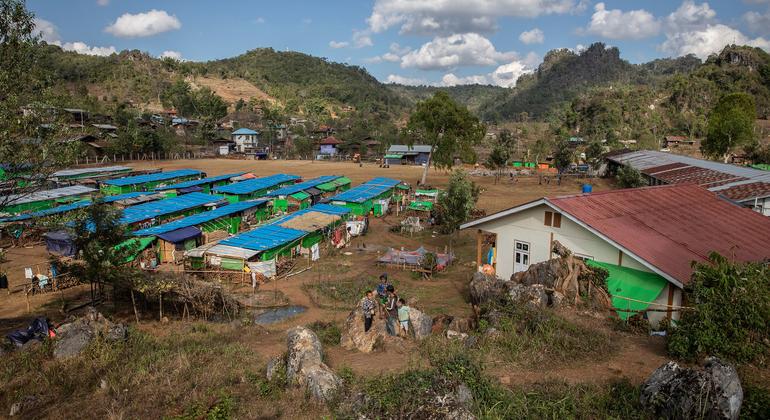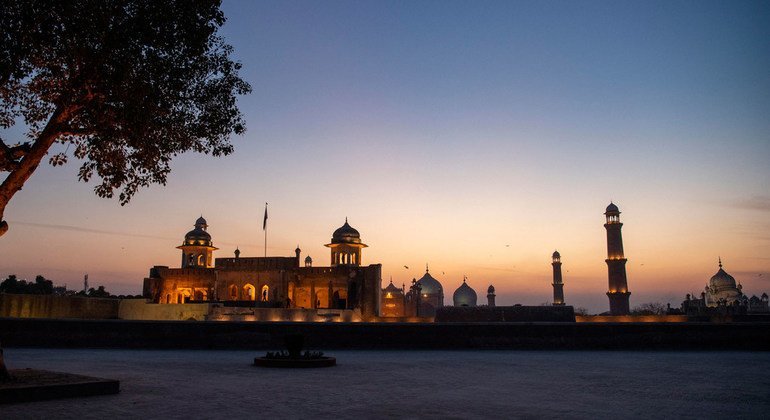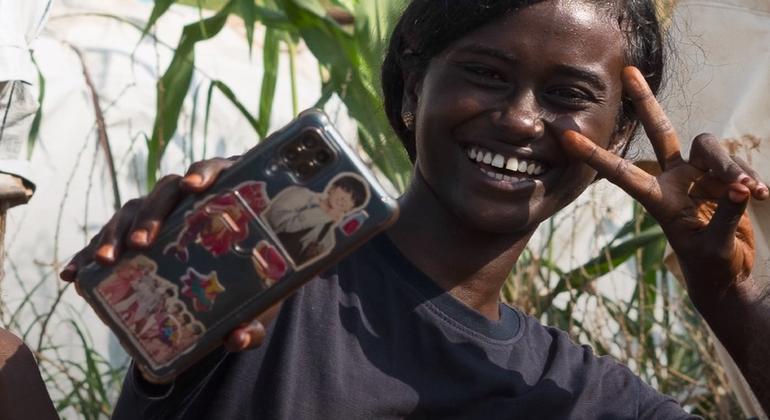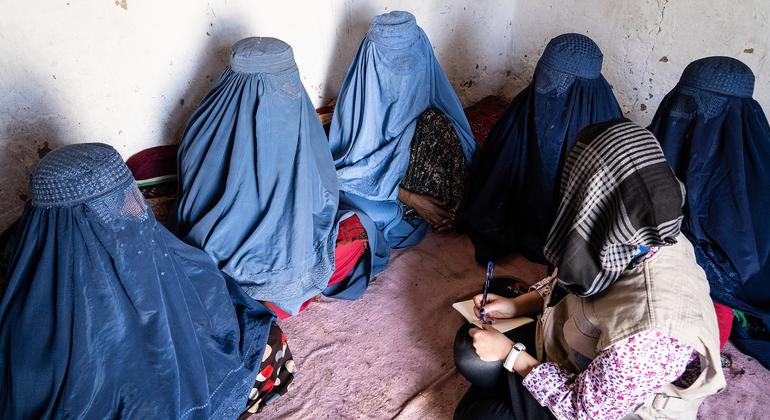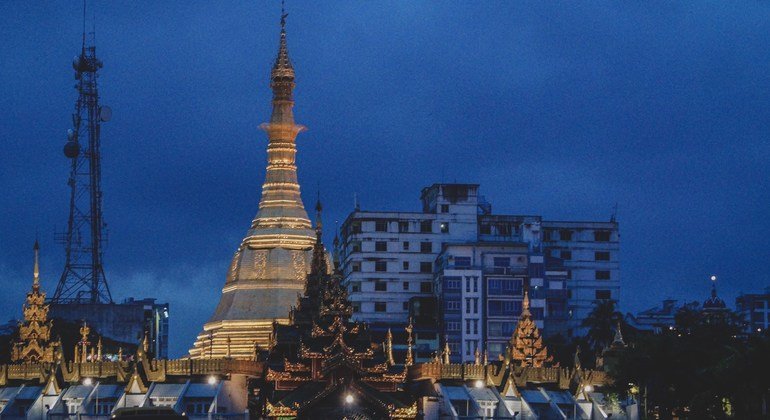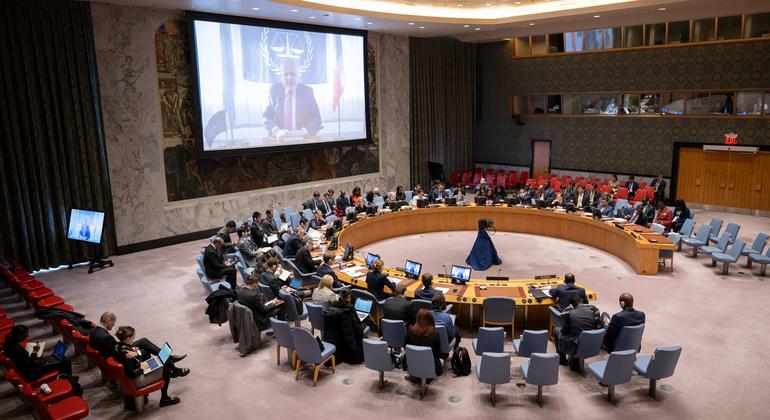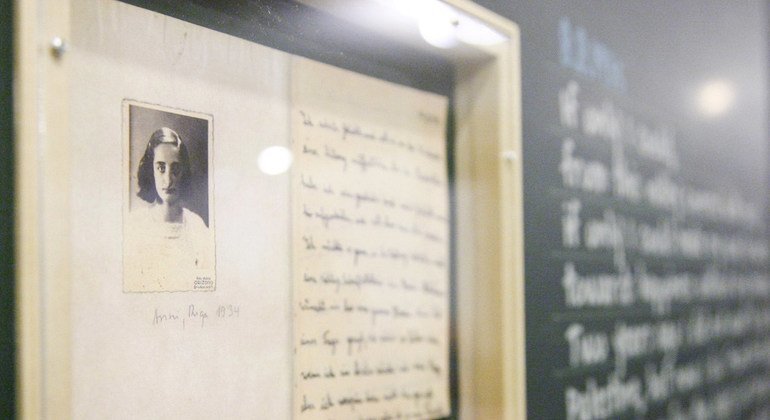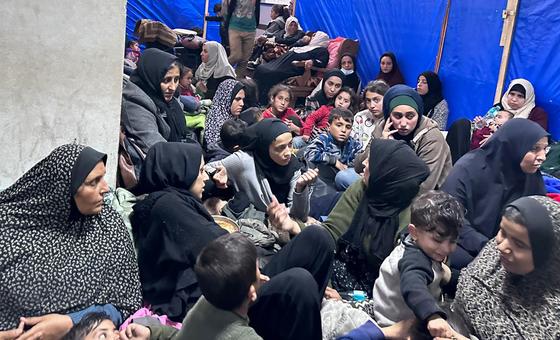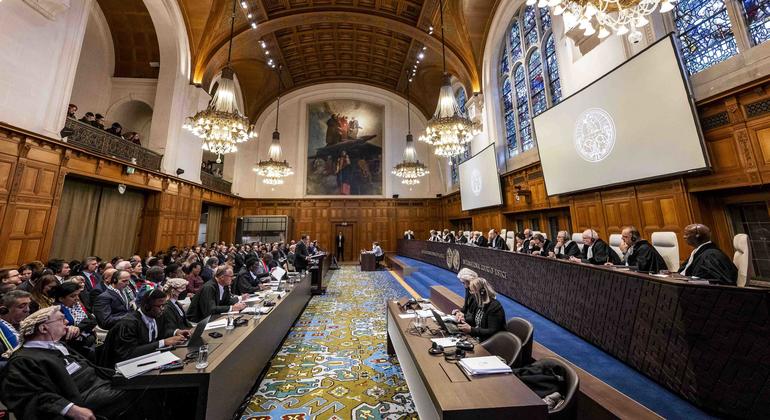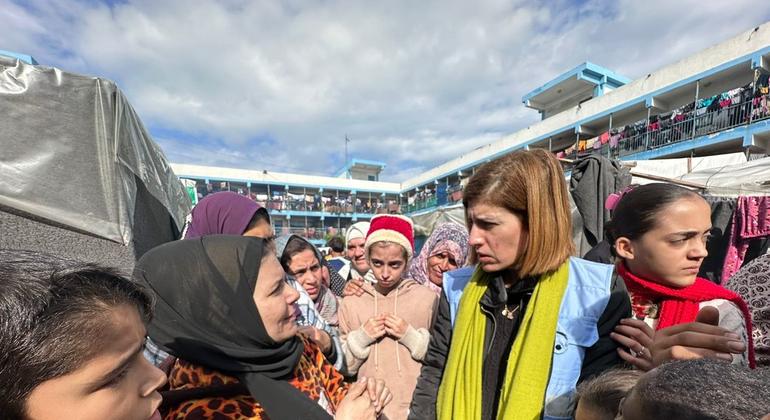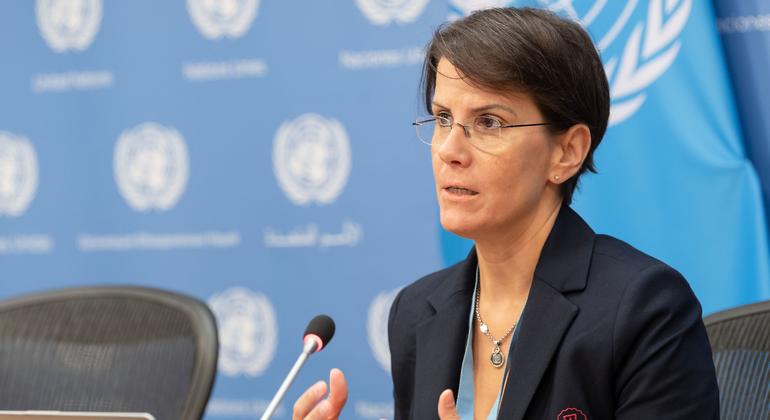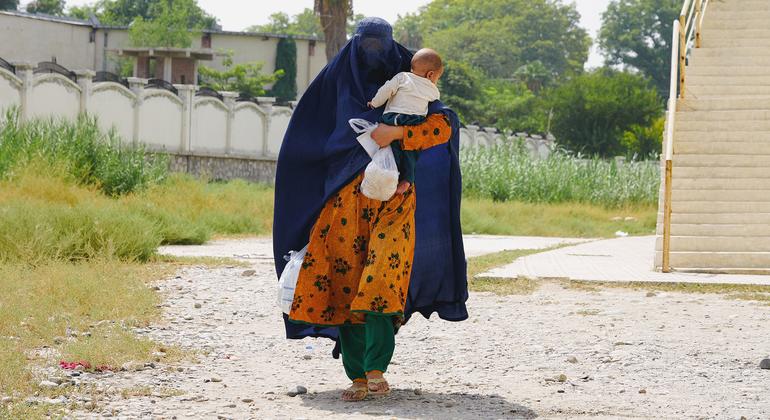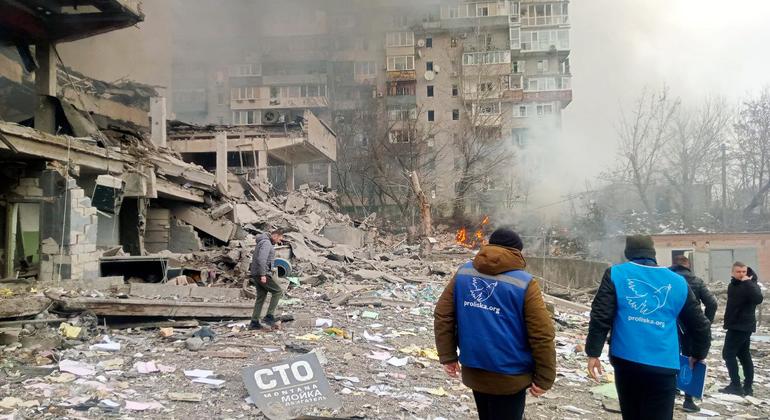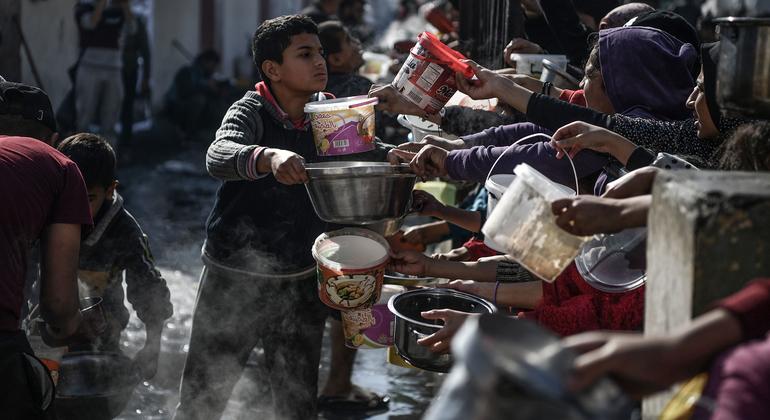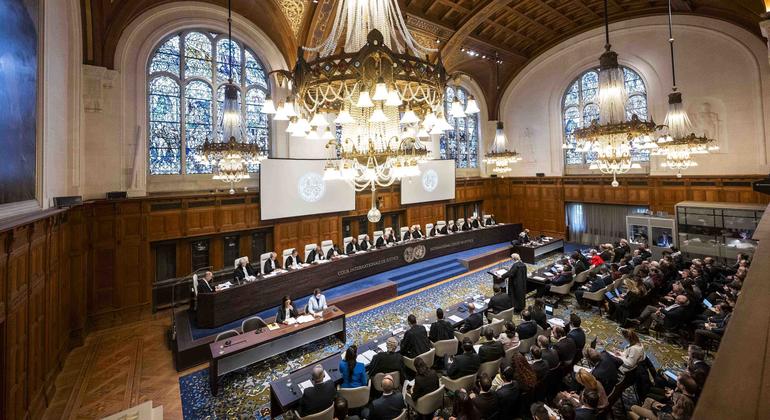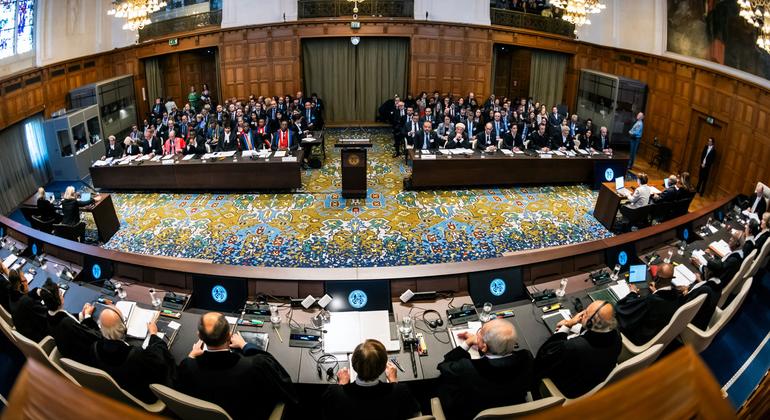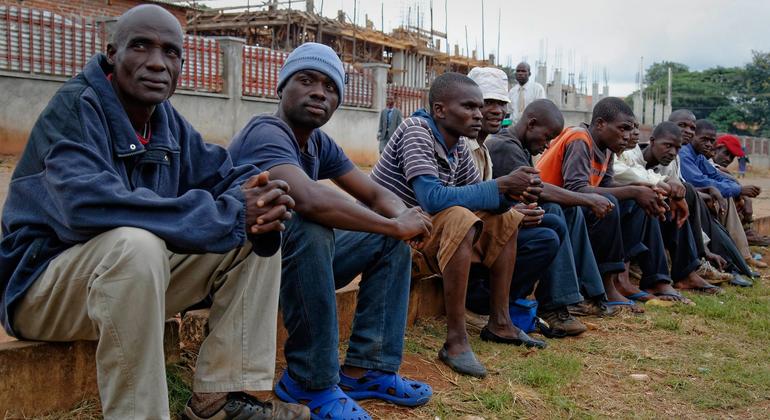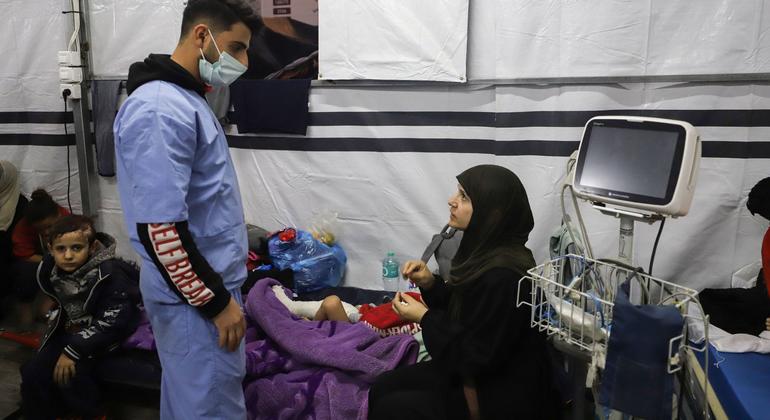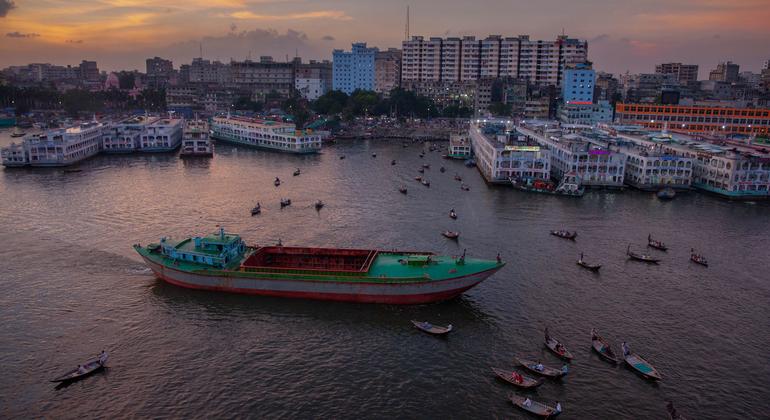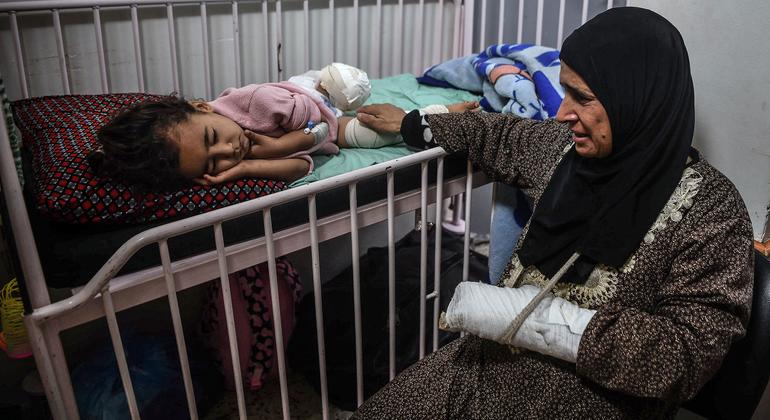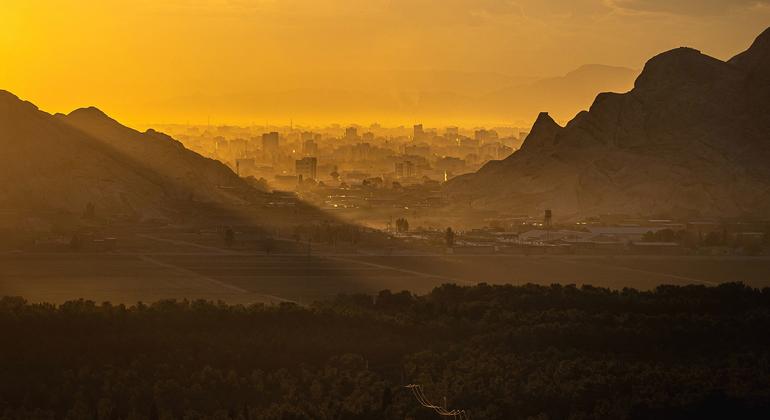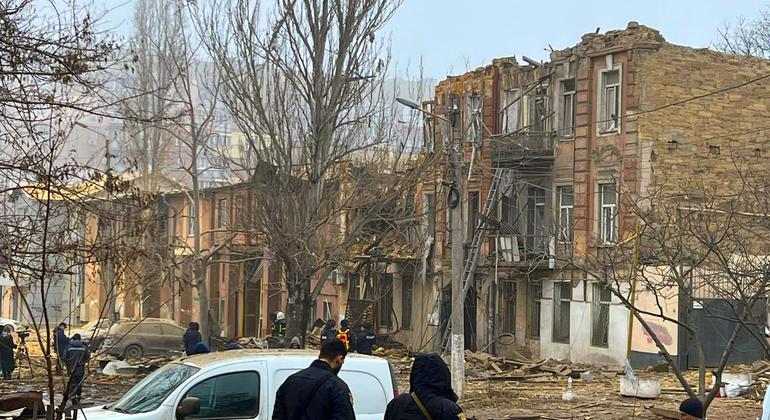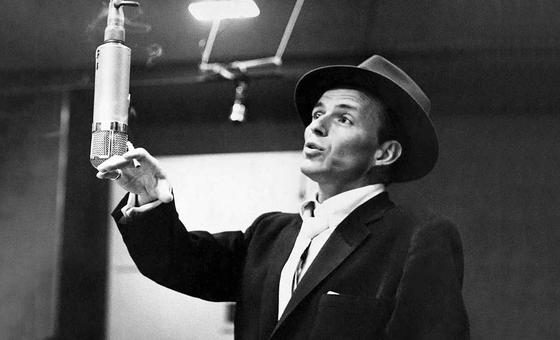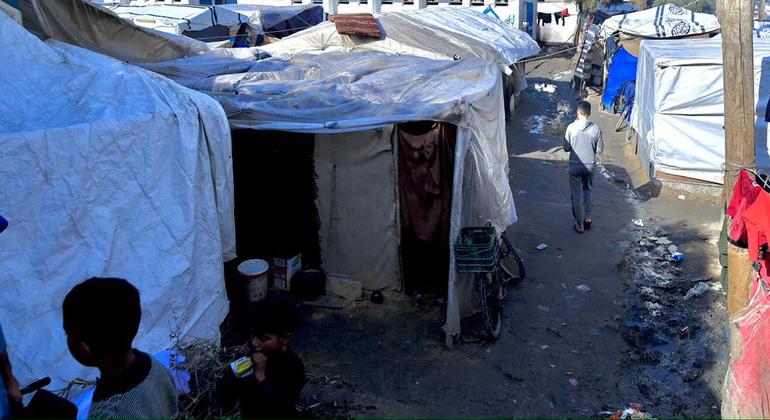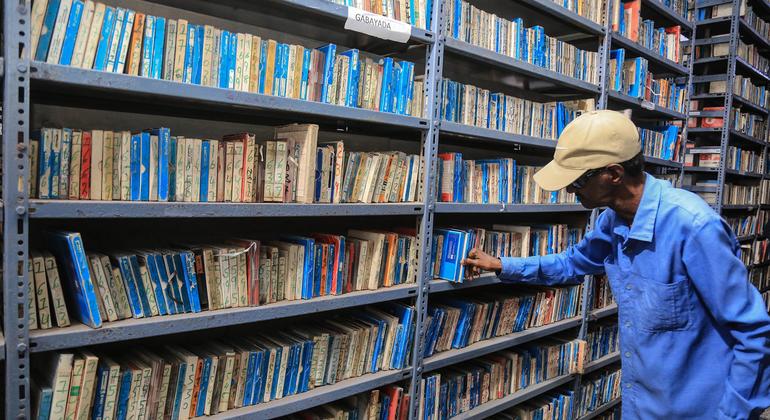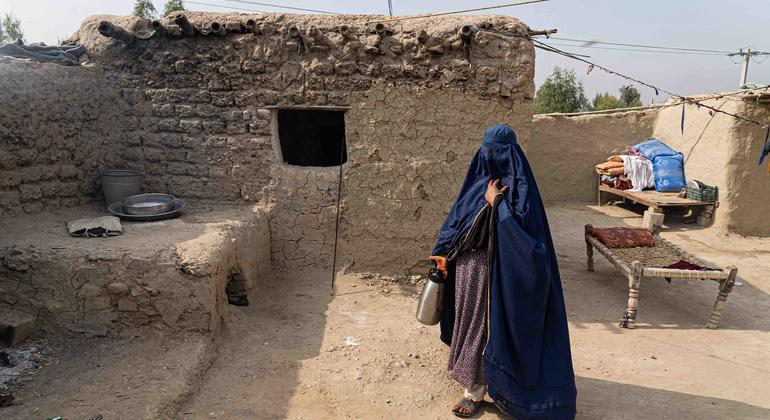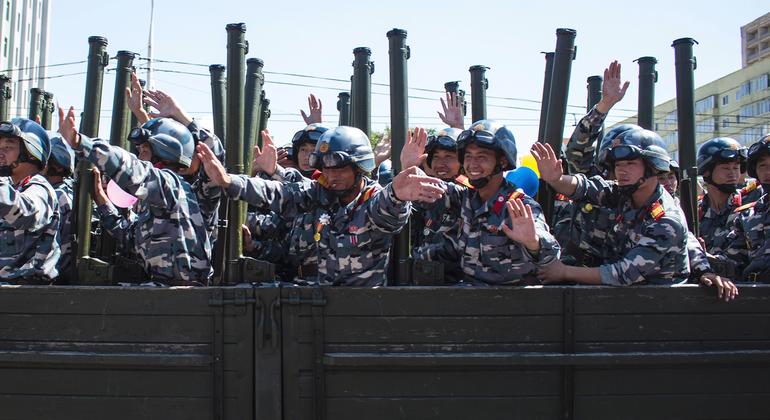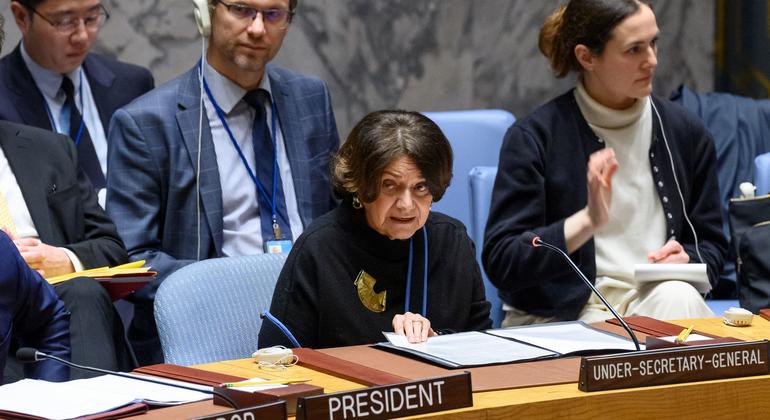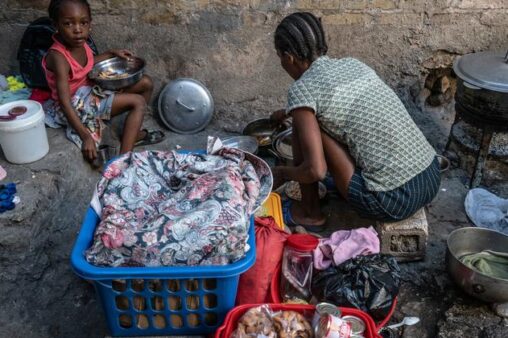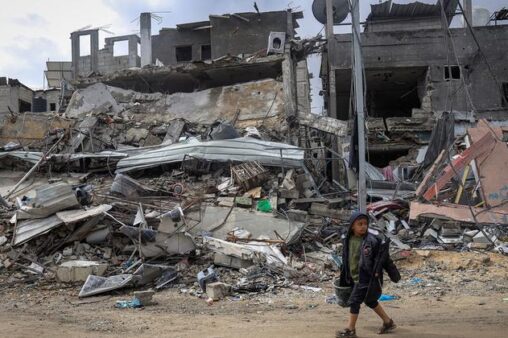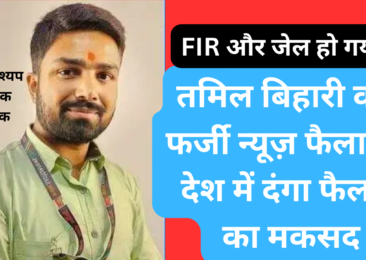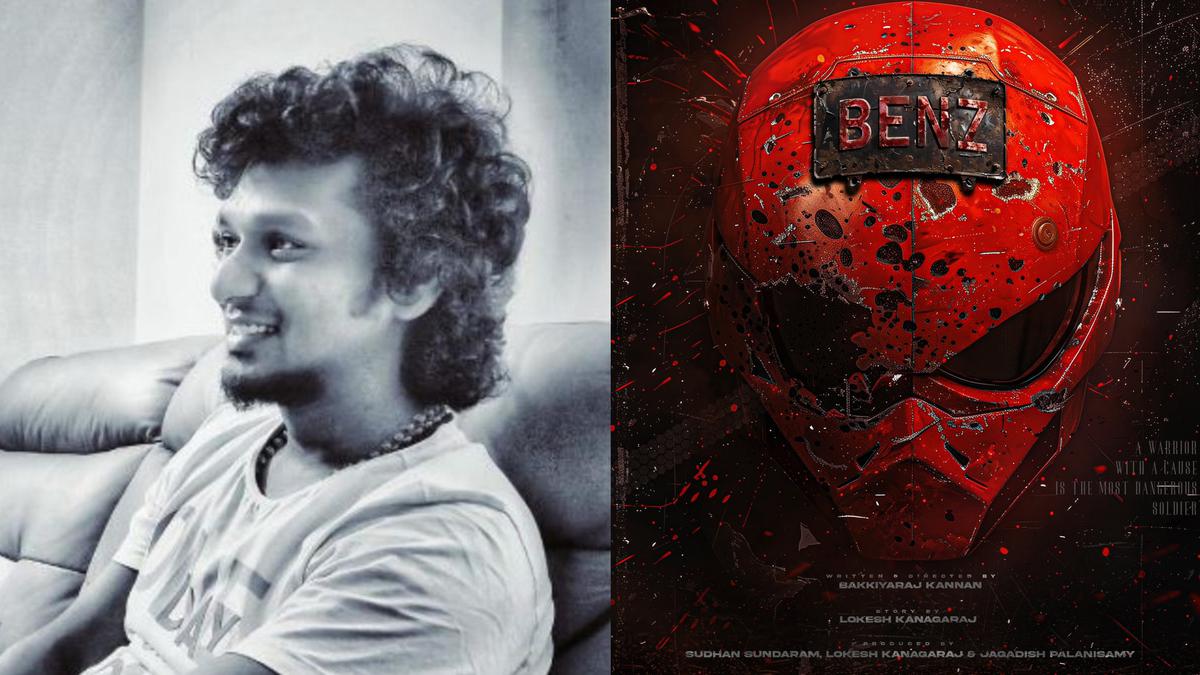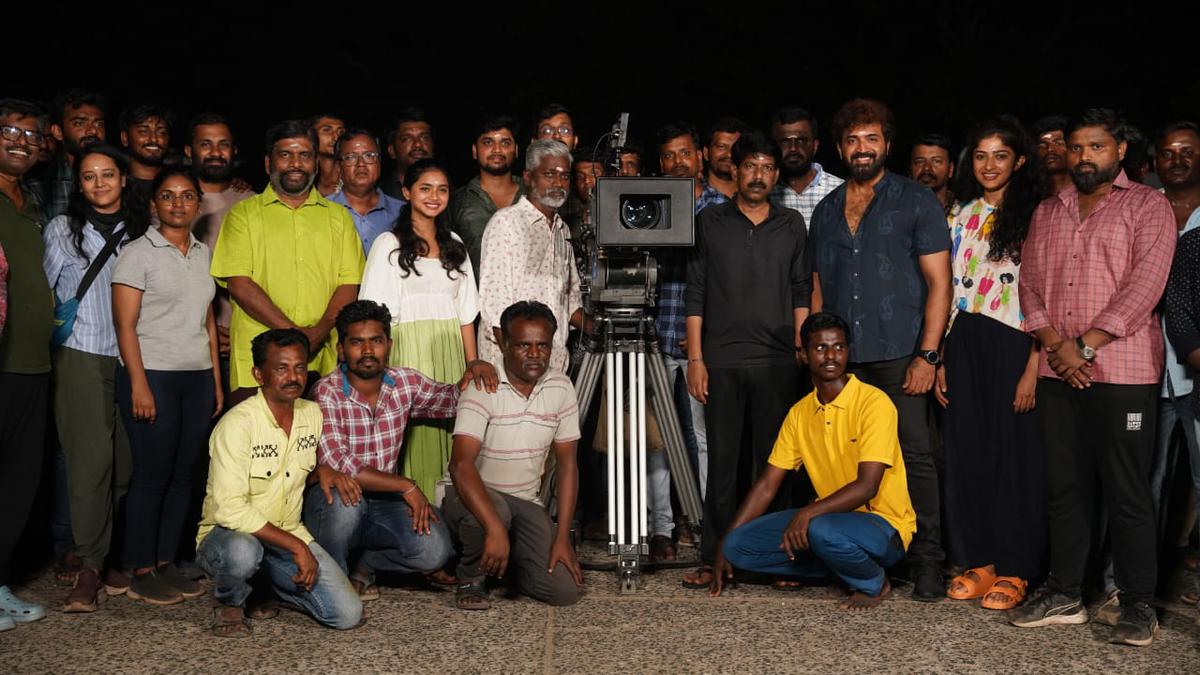‘Kathar Basha Endra Muthuramalingam’ movie review: Even Muthaiya’s tried and tested tropes can’t save this exhausting hotchpotch
[ad_1]

Arya and Siddhi Inani in a still from ‘Kathar Basha Endra Muthuramalingam’
| Photo Credit: Special Arrangement
If you are not familiar with it already, let me give you a brief introduction to the genre of ‘M Muthaiya’s rural masala entertainers’. They are all set in rural Tamil Nadu in a conflict-ridden village where tensions are high often due to the atrocities of the rich and dominant families. The Muthaiya hero, a black shirt-clad, short-tempered, moustache-twirling roughneck batting for needhi, nermai, and nyaayam, is the only hurdle to these troublemakers. Anything can happen and all heads can fall as it’s a world where the aruvaa talks more than law, and policemen are either killed by the antagonists or bashed up by the Muthaiya hero. And, oh, be ready to see a series of fights regardless of whether you buy the reasoning. As always, the hero has to fall in love (at first sight) with a woman who almost manages to temper him down until a personal tragedy strikes and he brandishes the sickle again for a grand final showdown. In a film mounted on this same template, surprises come only when he subverts his ideas, like in Pulikuththi Pandi.
In his latest film Kathar Basha Endra Muthuramalingam, Muthaiya tries to have a tighter hold over the narrative and yet, the film doesn’t move an inch away from this template with even his trademark tropes often failing. Of course, the structure of the screenplay — its biggest USP, something we’ll come to later — should have made it a better outing for the director, but unfortunately, this is also why the film becomes quite an exhaustive experience.
‘Kathar Basha Endra Muthuramalingam’ (Tamil)
Director: M Muthaiya
Cast: Arya, Siddhi Idnani, Aadukalam Naren, Singam Puli, and more
Runtime: 152 minutes
Storyline: A young angry man fights two powerful families from two villages for revenge and to uphold peace
The first thing that strikes me about this film is how it initially poses to be different, promising to try out newer things within the above framework. Take for example how he initially writes the character of Thamizhselvi (Siddhi Idnani). Unlike Muthaiya’s previous films, where women blindly let parents decide their life, Thamizhselvi stands up for herself when the people of her town force her to marry one of the two morapayyans, sons of two influential men (Madhusudhana Rao and B.S. Avinash) of Naduvapatti; their only wish to marry her to swindle all the properties that were bestowed by her brother (the husband of Madhusudhan’s daughter).
She says that only she will decide who she gets to marry and you begin to hope that this time perhaps Muthaiya might treat his female lead as an individual with desires, intellect, and a personality of her own. However, after several criminally wasting precious time with several mirthless scenes, Thamizh shares her desire to marry Kathar Basha (an off-beat Arya whose chirpiness, like Karthi’s in Viruman, is the only silver lining). All hope dies down as we later realise that she falls in love just because it was her late uncle’s (Bhagyaraj, who here becomes the Samuthirakani of Pulikkuthi Pandi) dying wish. You later realise you shouldn’t have hoped for it in a world where, the hero, when asked to choose a bride for himself, says “Let my mother choose because she will spend more time with her than I.” And let me save you from the exhaustive details of who is related to who and what gets revealed where after some terribly choreographed fights and mundane songs.
But remember, Muthaiya isn’t here to tell a love story. Once Kathar comes into the picture, he comes into the crosshairs of Thamizh’s enemies. But we don’t arrive at the conflict and it is only when we go into a flashback for who Kathar Basha is, does the larger narrative take shape. As Kathar’s past chases him, we are taken to his hometown Paganeri where his father Kathar Basha (Prabhu) is the head of the Jamad. The Hindus and Muslims of Paganeri are living in harmony, but as expected, we have a troublemaker in the form of Aadukalam Naren’s character and his country bomb-hurling brat of a son (played by Tamizh). Why they seek to kill Kathar and how this ties to the proceedings of Naduvapatti form the bigger arc.
The way Muthaiya structures his screenplay should have worked in another film but what it amounts to, other than the flimsy conflict, isn’t worth all that effort. Though it’s commendable that the writer in him tries to tell all possible details and cross all his t’s, it does get tiring to follow up with the umpteen number of characters who populate the frame, the relationships between them, the series of events that transpire, and where they are leading up. None of the ideas truly register and you wish the film breathed a bit, at least for us, to make sense of the many interpersonal conflicts that prove vital later.
Muthaiya also squanders his opportunity to bat against Islamophobia — a couple of dialogues are never enough. And the way Muthaiya handles the subplot about Kathar’s sister is also quite discouraging. If the intent here was to counter the toxic Love Jihad narrative that is prevalent today, it doesn’t do much. To make matters worse, what’s repeated to deter the Hindus from attacking the Muslims is the fact that they were once of the same caste, not that they’re also humans who deserve to live their life. Through almost all of his films, Muthaiya is known for glorifying caste pride, subtly or not, and this is the case with his latest as well.
If anything, Kathar Basha… is just a happy excursion for Arya to try out a new rustic look in a mass masala avatar and have loads of fun. That even he seems like a misfit in this world in some places, is the disappointing truth.
Kathar Basha Endra Muthuramalingam is currently running in theatres
[ad_2]


